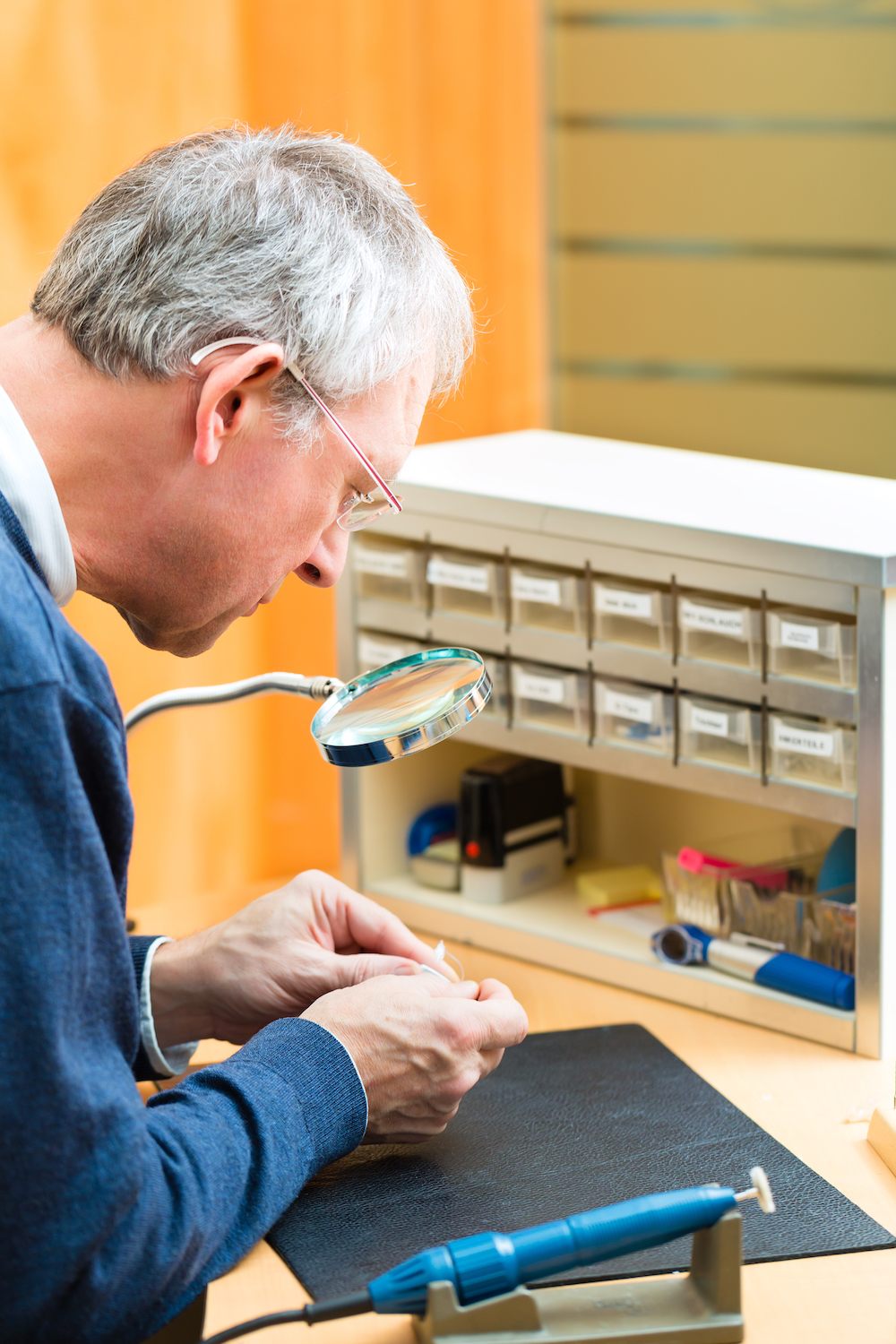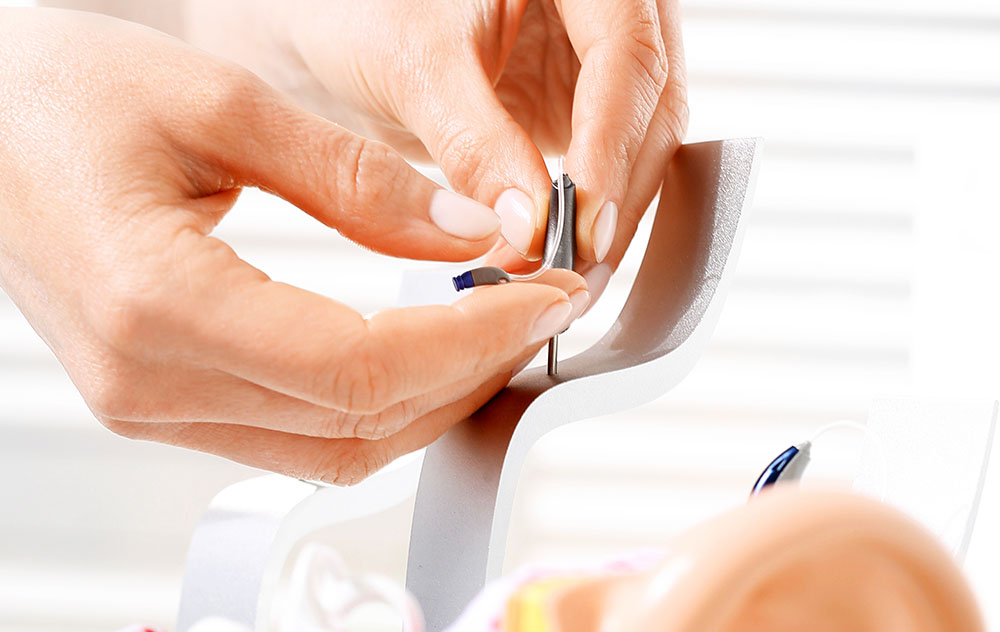The Causes of Acquired Hearing Loss
There are three main types of hearing loss. These are conductive,


There are three main types of hearing loss. These are conductive,

You have experienced hearing loss for a while now and have finally decided

For anyone who has experienced any level of hearing loss, getting hearing